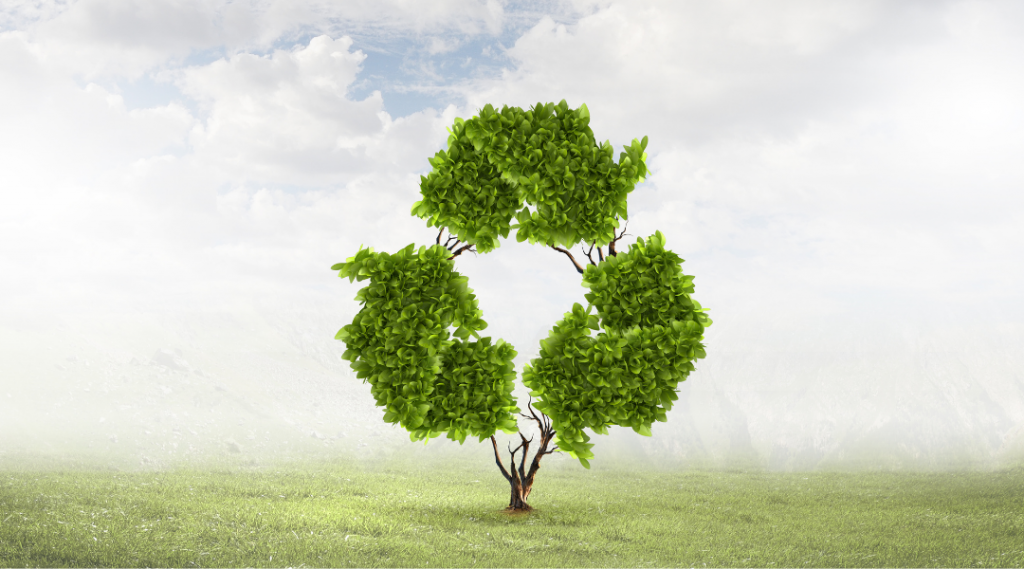In 2001, Tom Szaky founded TerraCycle—and launched a global recycling revolution.
Have you ever felt guilty about tossing your old Teva sandals, or Colgate toothbrush, or Etch A Sketch into the trash, where they will clog up a landfill for hundreds of years? I have good news for you. All of those items—and many more—are now recyclable thanks to TerraCycle, a company that can recycle just about anything, especially items that can’t be processed by municipal facilities.
TerraCycle’s remarkable growth tells a larger story about the progress the world is making toward a circular economy–a more sustainable system in which companies stop extracting raw materials from the earth and instead recycle products that already exist. While brands and consumers are eager to keep things out of landfill, there are still big challenges ahead in the war on waste. Who should bear the cost of recycling? And what will it really take to recycle a complex object, like a shoe or an Etch a Sketch, back into its original form?
A WORLD WITH NO WASTE
Tom Szaky launched TerraCycle as a 19-year-old Princeton student. The company began as a humble side hustle: transforming food waste into high-quality fertilizer with the help of worms. In college, he emptied his bank account to build a “worm poop conversion unit” and spent his free time shoveling decomposing food from Princeton’s cafeterias. Two years later, he dropped out to pursue the business full-time, selling the fertilizer he created to Home Depot and Walmart.

